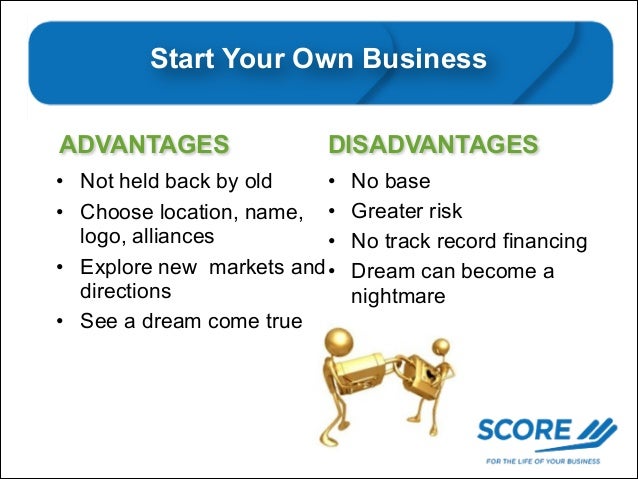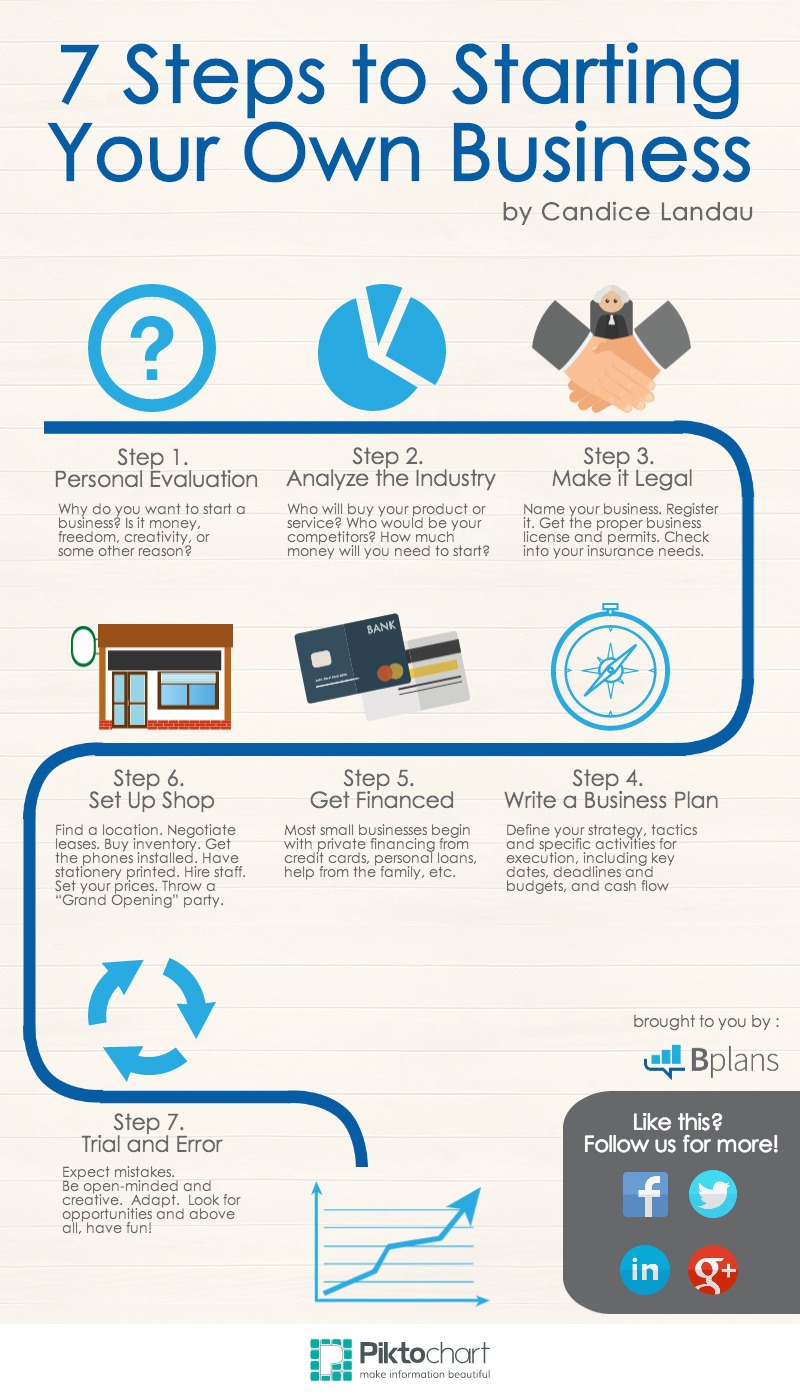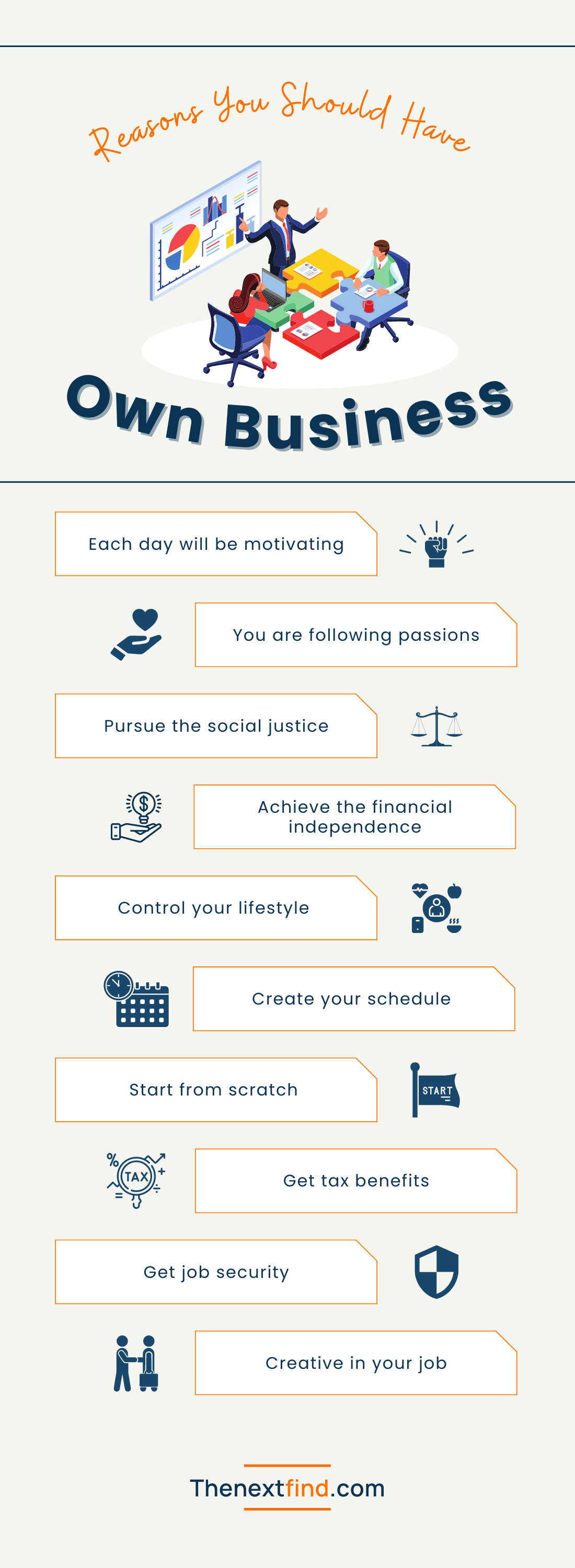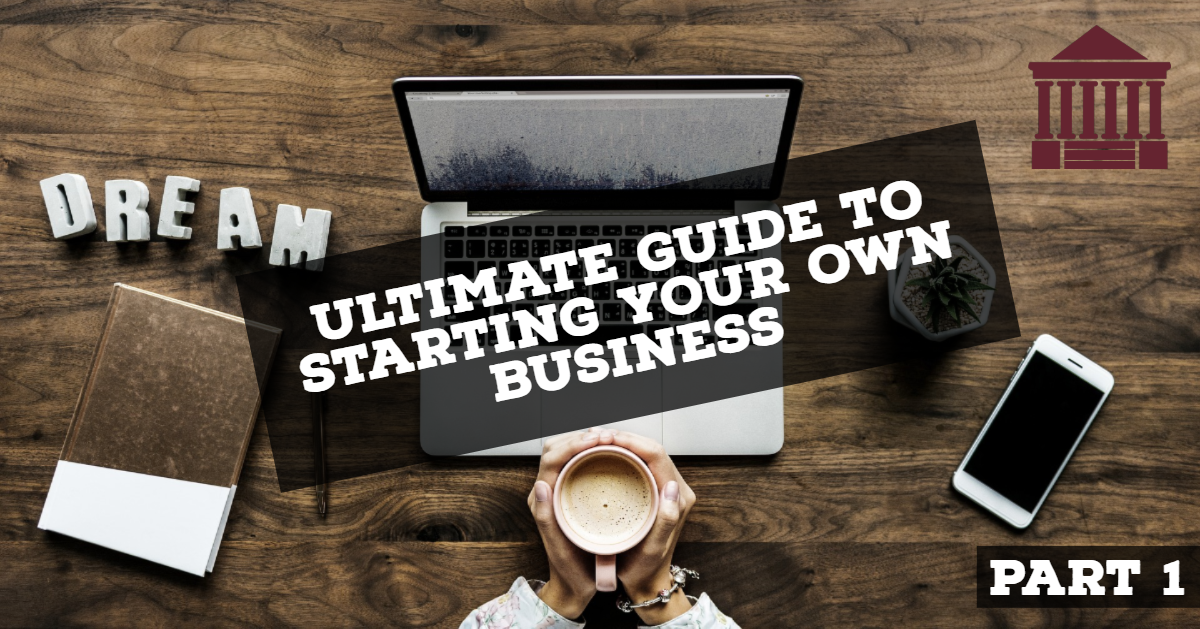Is It Worth Owning Your Own Business

The allure of being your own boss, setting your own hours, and reaping the full rewards of your hard work is a powerful siren song. But beneath the surface of entrepreneurial dreams lies a complex reality, one filled with risk, relentless effort, and the constant pressure of making it all work. Is owning your own business truly worth the investment of time, money, and personal sacrifice?
The question of whether to embark on the journey of business ownership is a multifaceted one, with no easy answers. This article delves into the realities of entrepreneurship, weighing the potential benefits against the significant challenges, and exploring perspectives from business owners, economists, and industry experts. We'll examine the financial implications, the lifestyle trade-offs, and the intangible rewards that come with building something from the ground up, allowing aspiring entrepreneurs to make a more informed decision about their future.
The Allure of Autonomy and Financial Reward
One of the most frequently cited reasons for starting a business is the desire for autonomy. No more reporting to a boss, no more adhering to someone else's vision – the entrepreneur calls the shots. This independence allows for greater flexibility in work hours and location, often portrayed as a key benefit of business ownership.
The potential for financial gain is another powerful motivator. While there's no guarantee of success, owning a profitable business allows individuals to accumulate wealth far beyond what might be possible as an employee. The U.S. Small Business Administration (SBA) notes that small businesses are a major driver of job creation and economic growth, highlighting their potential for profitability and impact.
Beyond financial rewards, entrepreneurs often speak of the immense satisfaction derived from building something of their own. "It's not just about the money," says Sarah Chen, owner of a local bakery. "It's about the pride of creating something that provides value to the community and employs local people."
The Harsh Realities: Risk and Sacrifice
However, the path to entrepreneurial success is rarely smooth. Starting a business involves significant financial risk. Many businesses fail within the first few years, and entrepreneurs often have to invest their own savings or take out loans to get started. Data from the Bureau of Labor Statistics consistently shows a high failure rate for new businesses, emphasizing the inherent risk involved.
The lifestyle of an entrepreneur is often far from the idyllic image of flexible hours. In the early stages, business owners often work long hours, sacrificing personal time and relationships. "I underestimated the amount of time and energy it would take," admits David Lee, founder of a tech startup. "For the first two years, I was working seven days a week, often until late at night."
Beyond the time commitment, entrepreneurs face immense pressure. They are responsible for every aspect of the business, from marketing and sales to finance and operations. The constant worry about making payroll, attracting customers, and staying ahead of the competition can take a significant toll on mental and physical health.
Navigating the Challenges: Essential Skills and Resources
Success in business ownership requires a diverse range of skills. Entrepreneurs need to be knowledgeable about their industry, understand financial management, and possess strong leadership and communication skills. They also need to be adaptable and resilient, able to weather setbacks and learn from their mistakes.
Fortunately, there are numerous resources available to help aspiring entrepreneurs. The SBA offers a wide range of programs, including loan guarantees, counseling services, and training workshops. SCORE, a nonprofit organization, provides free mentoring and advice from experienced business professionals.
Furthermore, networking and building relationships with other entrepreneurs can be invaluable. Sharing experiences, learning from others' mistakes, and providing mutual support can make the journey less daunting.
A Balanced Perspective: Is It Worth It?
Ultimately, the decision of whether to own your own business is a personal one. There is no right or wrong answer. It depends on individual circumstances, risk tolerance, and priorities.
"It's not for everyone," says Dr. Emily Carter, an economics professor specializing in small business development. "But for those with the passion, drive, and resilience to overcome the challenges, the rewards can be immense."
Aspiring entrepreneurs should carefully consider their financial situation, assess their skills and experience, and develop a realistic business plan. They should also be prepared to work hard, make sacrifices, and embrace the uncertainty that comes with owning a business.
For those who are willing to take the plunge, the journey of entrepreneurship can be incredibly rewarding. It's a chance to create something meaningful, contribute to the economy, and achieve personal and financial independence. However, it's crucial to enter the arena with eyes wide open, aware of both the opportunities and the challenges that lie ahead.


















